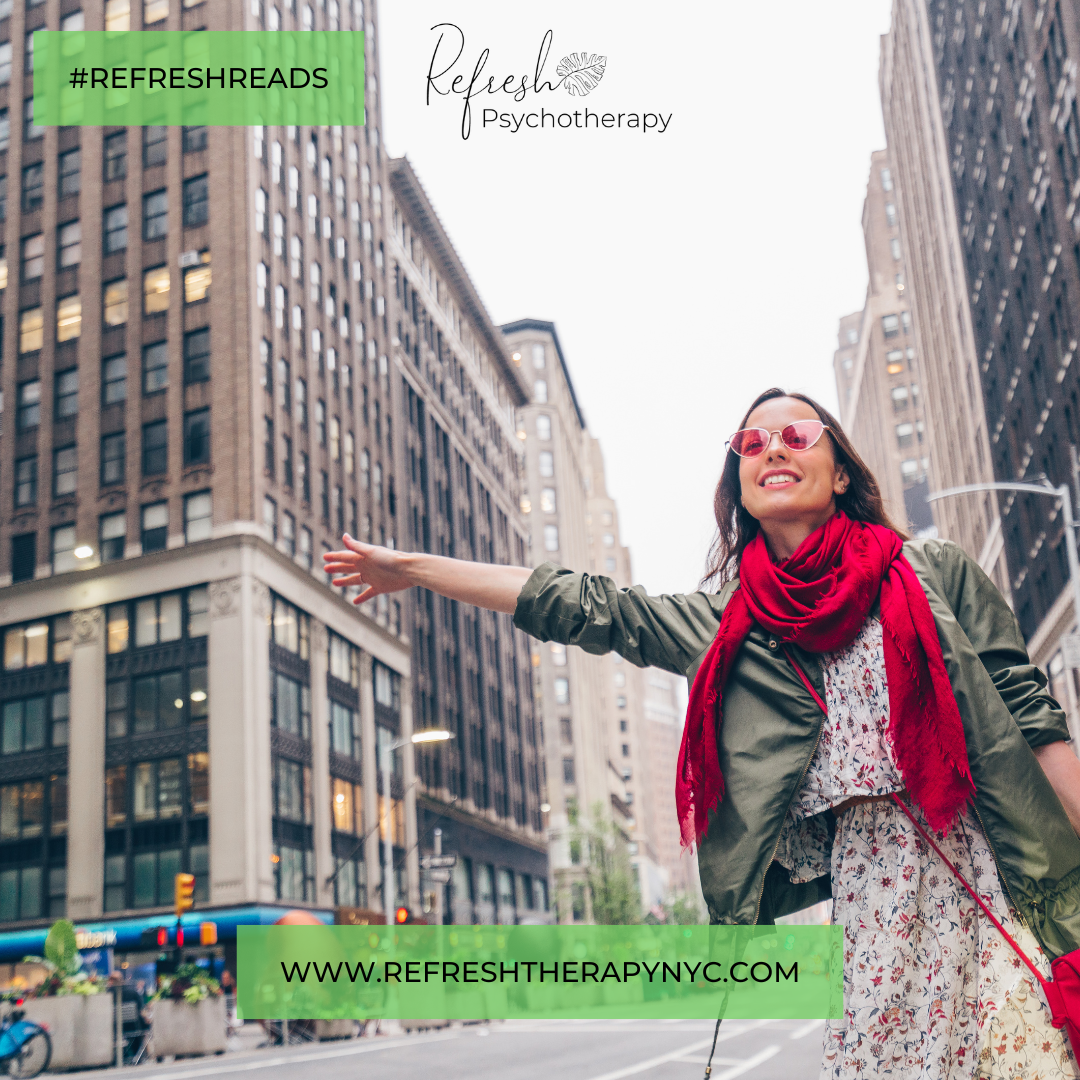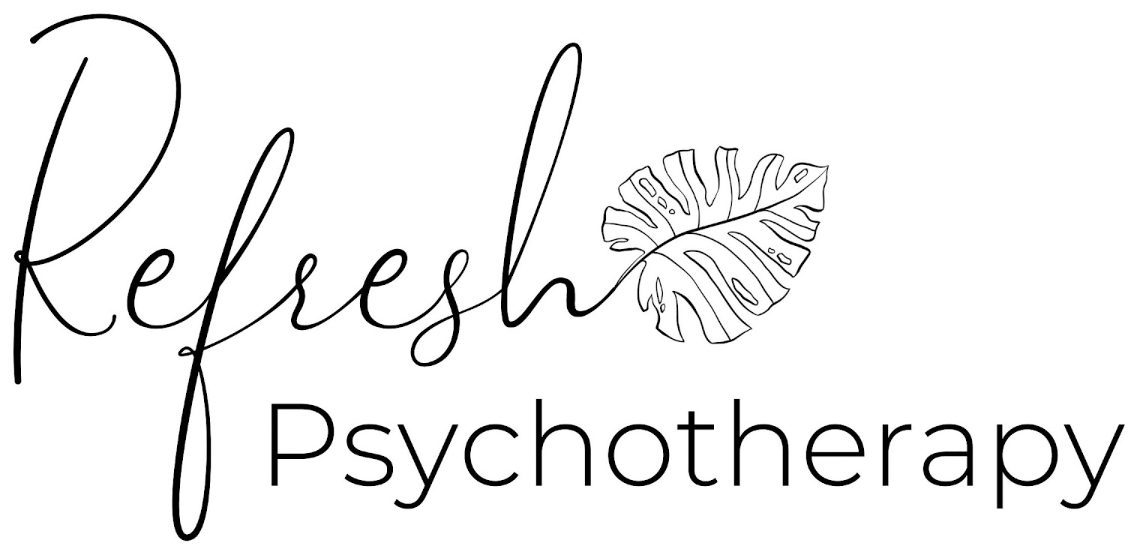Finding Peace Among the Chaos: Strategies for Mental Well-Being in NYC
New York City, with its dazzling skyline and relentless pace, offers an exhilarating backdrop for life’s adventures. However, the very elements that make NYC iconic can also pose unique challenges to mental well-being. The constant hustle, coupled with the city’s high cost of living and competitive environment, can lead to stress, anxiety, and feelings of isolation. As a psychotherapy private practice based in the heart of this bustling metropolis, we understand the complexities of maintaining mental health in such a dynamic setting. In this post, we’ll explore strategies for building resilience and fostering a sense of inner peace amidst the city’s ceaseless rhythm.
Nurturing Connections
In a city of millions, it’s paradoxical yet common to feel alone. Cultivating meaningful relationships is crucial for emotional support and can act as a buffer against the stressors of city life. Whether it’s joining local community groups, engaging in social activities that align with your interests, or simply making an effort to connect more deeply with friends or colleagues, building your social network can provide a sense of belonging and support.
Finding Nature’s Respite
New York City is dotted with green oases that offer a tranquil escape from urban intensity. Regular visits to parks like Central Park, the Brooklyn Botanic Garden, or the lesser-known havens in your neighborhood can provide a necessary breather and reconnect you with the calming influence of nature. Engaging in mindful practices like meditation or yoga in these natural settings can amplify the restorative effects.
Establishing Work-Life Boundaries
The city’s work-centric culture often blurs the lines between professional and personal life, leading to burnout. Establishing clear boundaries is essential for mental health. This might mean setting strict working hours, unplugging from digital devices post-work, or dedicating time to hobbies and interests outside of your job. Remember, productivity also includes taking care of your mental and emotional well-being.
Embracing Mindfulness and Self-Compassion
Practicing mindfulness can help anchor you in the present moment, reducing the overwhelm that comes from the city’s fast pace. Pair this with self-compassion, especially during tougher times, to foster resilience. Treat yourself with the same kindness and understanding you would offer a friend, acknowledging that it’s okay to not always have everything figured out.
Seeking Professional Support
Sometimes, the most effective strategy is to seek guidance from mental health professionals who can provide personalized coping strategies and therapeutic interventions. Whether it’s through cognitive-behavioral therapy (CBT), dialectical behavior therapy (DBT), or other modalities, professional support can be a cornerstone in building a healthier, more resilient self.
In conclusion, while NYC’s vibrant energy is invigorating, it’s vital to prioritize mental health amidst the hustle. By nurturing connections, seeking nature’s solace, setting clear boundaries, practicing mindfulness, and perhaps most importantly, seeking professional support when needed, we can navigate the complexities of city life with resilience and grace. Remember, taking care of your mental health is not just about surviving in the city but thriving in it.
Written by: Kat Heidelberger, LMSW





